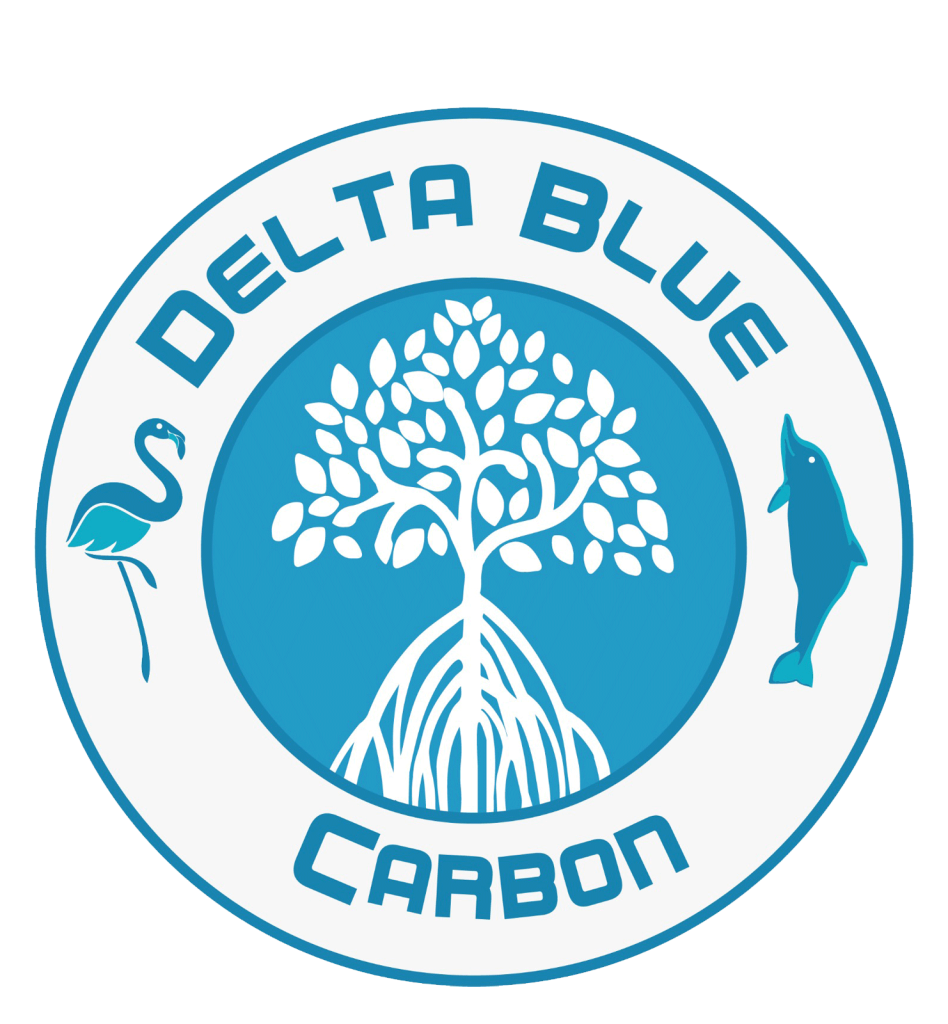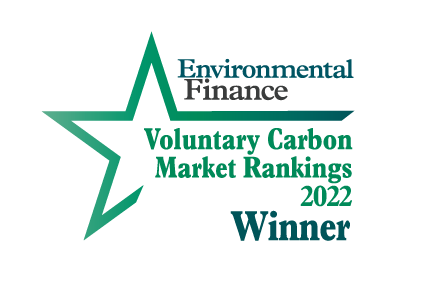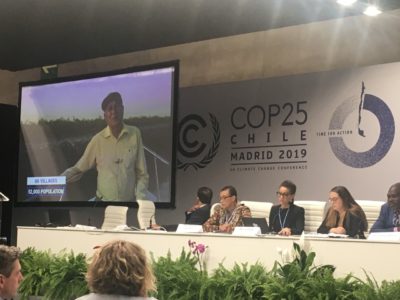Climate
Climate change is without doubt the greatest challenge facing human society this century – and Pakistan is in the frontline.
The nation is the sixth most populous in the world with more than 30 percent of its population living below the poverty line. Its’ location in an arid and semi-arid region of the globe makes it the fifth most vulnerable country in the world to the negative effects of climate change.
Sindh’s coastline in the Indus Delta Area, which extends over 230 kilometres, is the most vulnerable part of the country to the negative consequences of climate change.
The protection, restoration and sustainable management of these tidal wetlands is an environmental emergency and a priority for the Government of Sindh.
So, in 2015, Indus Delta Capital Private Limited and Forest and Wildlife Department of Government of Sindh joined forces to launch the Delta Blue Carbon Project.
The goal of the initiative is to secure and enhance these coastal mangrove forests for their vital provisioning, regulating, supporting and cultural services.
The pioneering programme was developed to:
PROTECT the Indus Delta Tidal Wetlands from human disturbances.
REHABILITATE degraded mangrove forests and ensure they are sustainably managed through effective stewardship agreements with local communities.
IMPLEMENT sectoral policies and strategies that support sustainable development and minimise deforestation and loss of ecosystem services.
EMPOWER local communities and other stakeholders through awareness raising and capacity building.
DELIVER high-quality Blue Carbon Credits as a result of interventions over the project’s lifetime (60 years).
The project protects the existing 102,000 hectares of mangrove forests and is rehabilitating and restoring another 226,000 hectares of degraded and de-vegetated mangrove lands.
Working at this huge scale, the impact in terms of climate change mitigation and adaptation in the Indus Delta Area is truly transformational.
Given the magnitude and success of our work to date, the project is being lauded by experts and policy makers across the board.
Its recognition is world over and is was recently cited as an example and success story the COP 25 (Conference of Parties) meeting in Madrid.







